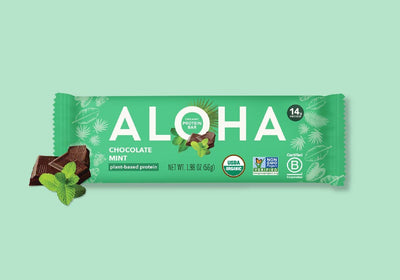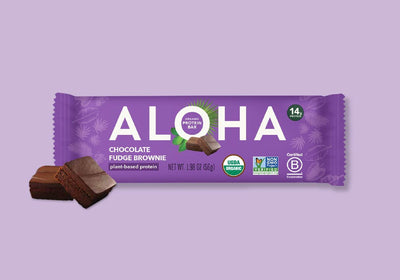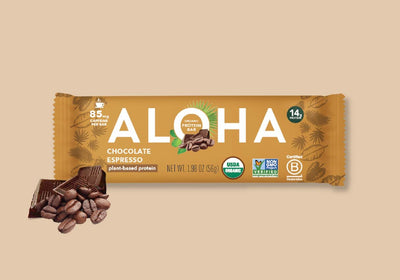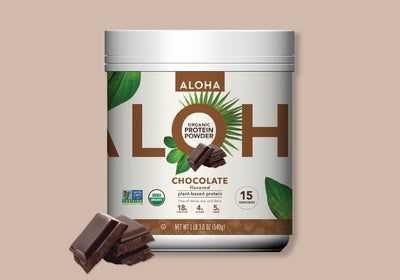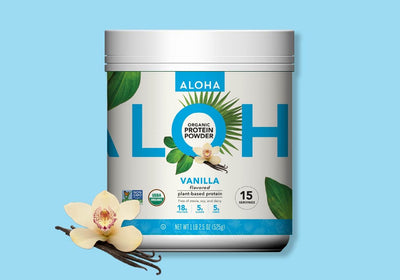Choosing the right protein bar is not just about finding one with a high protein content; it’s equally important to avoid harmful or ineffective ingredients that can derail your muscle gain and health goals. Many protein bars, especially those marketed as "healthy," may contain ingredients that do more harm than good. Here's a detailed look at the ingredients you should be avoiding when selecting a protein bar to support your fitness journey.
Added Sugars: The Hidden Enemy
One of the most common culprits in protein bars is added sugar. Excessive sugar can spike insulin levels, leading to fat storage rather than promoting muscle growth. Bars with high amounts of sugar can cause energy crashes, making them unsuitable for fueling workouts or aiding recovery. When evaluating a protein bar, always check for hidden sugars under names like corn syrup, fructose, or cane sugar. Ideally, a bar should have little to no added sugar and use natural alternatives like stevia or monk fruit, which provide sweetness without negatively impacting blood sugar levels or adding unnecessary calories.
Artificial Sweeteners: Hidden Risks
While artificial sweeteners like aspartame, sucralose, and saccharin are often added to protein bars to reduce calorie content, they come with potential drawbacks. Although they don’t add calories, these artificial sweeteners can lead to digestive discomfort, bloating, and even cravings for more sugary foods. Such cravings can make it harder to stick to a muscle-gain or fitness-focused diet. Furthermore, there is ongoing debate about the long-term health effects of artificial sweeteners, with some studies suggesting a link to metabolic disturbances. It’s better to opt for bars sweetened naturally or those using plant-based sweeteners, ensuring that you're not compromising your overall health for fewer calories.
Hydrogenated Oils And Trans Fats: A Threat To Heart Health
Hydrogenated oils and trans fats are often used in protein bars to improve texture and extend shelf life, but they pose serious health risks. These unhealthy fats can cause inflammation in the body, which not only hampers recovery after workouts but also increases the risk of heart disease. Consuming these fats regularly can interfere with your muscle-building efforts by promoting fat storage and negatively affecting your cardiovascular system. Instead, choose bars that include healthy fats from natural sources like nuts, seeds, or coconut oil, which not only improve the taste and texture of the bar but also provide long-lasting energy without damaging your health.
Low-Quality Protein Sources: Inadequate For Muscle Growth
Not all proteins are created equal, and some protein bars rely on low-quality protein sources such as collagen or gelatin. While these proteins have their benefits for joint and skin health, they lack the full range of essential amino acids necessary for muscle repair and growth. High-quality protein sources like whey, casein, or plant-based proteins provide all nine essential amino acids, making them far more effective for those looking to build muscle. When choosing a protein bar, prioritize bars that list complete proteins like whey isolate, pea protein, or soy protein as their primary protein sources. This ensures that your muscles get the nutrients they need to recover and grow effectively after a workout.
Excessive Fiber Additives: Disrupting Digestion
While fiber is essential for good digestion and can help maintain satiety, some protein bars add excessive amounts of fiber in the form of inulin or chicory root. High concentrations of these fiber additives can cause digestive issues like bloating, gas, and discomfort, especially for those who are sensitive to these ingredients. While fiber is an important component of a balanced diet, it’s crucial to find a protein bar that offers a reasonable amount without overloading on artificial or isolated fiber sources. Bars that use whole foods for fiber, such as oats or nuts, are a better choice for overall digestion and nutrient absorption.
Preservatives And Artificial Additives: Unnecessary Chemicals
Many protein bars contain preservatives and artificial additives to extend shelf life and improve flavor. These chemicals may not directly impact your ability to gain muscle, but they can have a cumulative effect on your overall health. Ingredients like BHT (butylated hydroxytoluene) and artificial food colorings offer no nutritional benefits and can contribute to inflammation or allergic reactions in sensitive individuals. It’s best to opt for protein bars that use minimal processing and avoid unnecessary additives. Clean ingredient lists that feature whole foods and natural preservatives are ideal for those serious about maintaining both muscle growth and long-term health.
Overly Processed Carbohydrates: Low-Quality Fuel
While carbohydrates are an essential part of post-workout recovery and energy replenishment, some protein bars rely on overly processed carbs, such as high-fructose corn syrup or refined flours. These types of carbohydrates can cause rapid spikes in blood sugar followed by crashes, which reduces your ability to sustain energy for workouts or recovery. Over time, consuming highly processed carbohydrates can contribute to fat gain rather than lean muscle mass. Instead, look for protein bars that include complex carbohydrates from sources like oats, quinoa, or sweet potatoes, which provide a steady release of energy and better support your overall muscle-building goals.
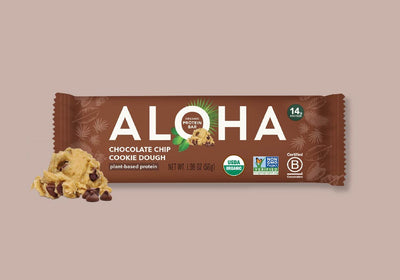

 collection header image
collection header image
 collection header image
collection header image


